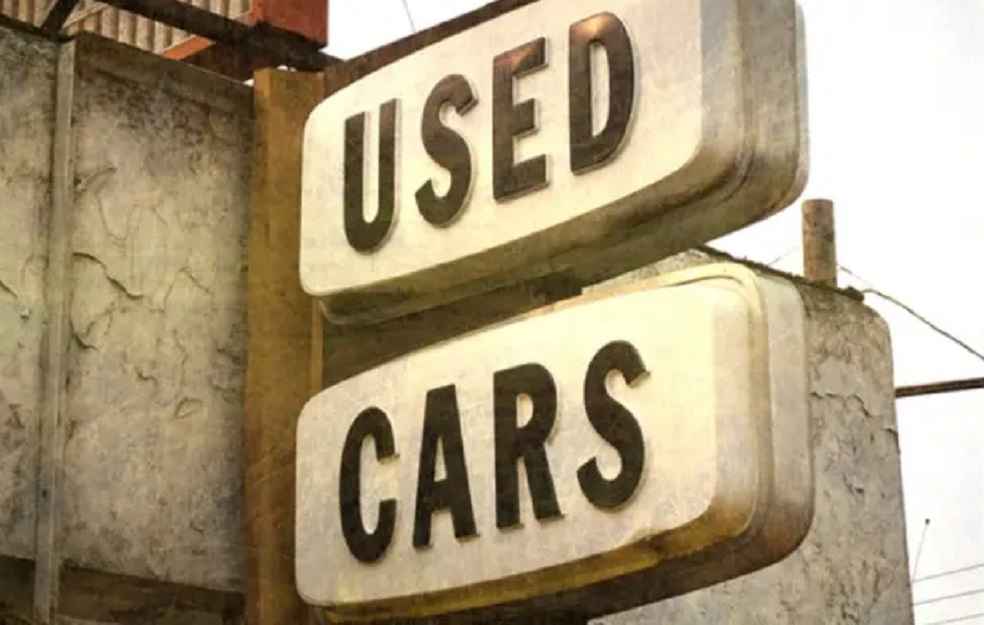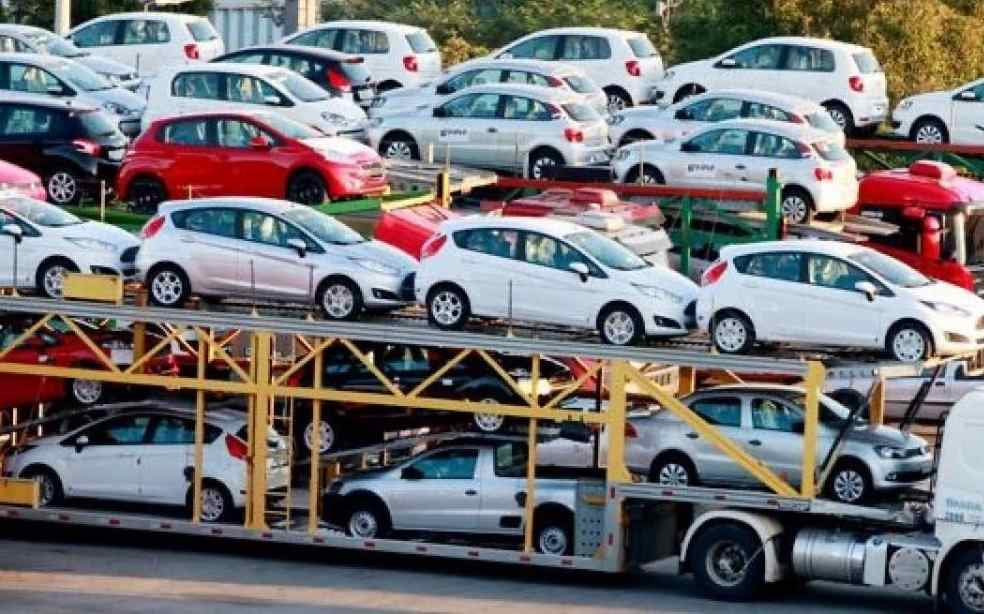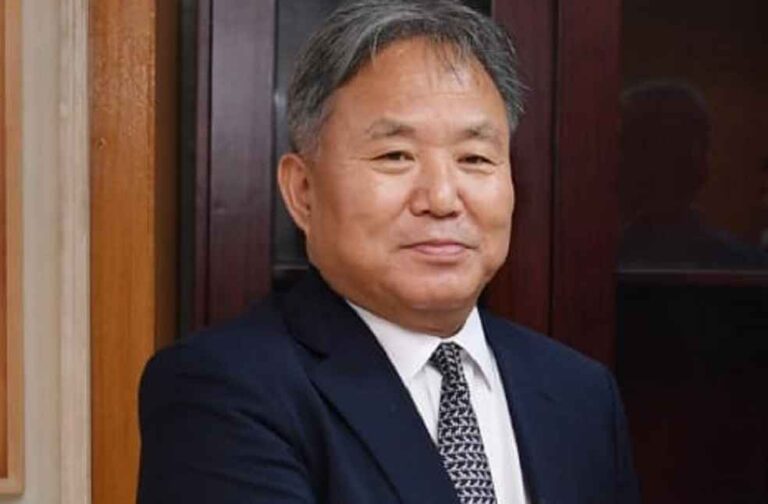Park Young-sik, the South Korean Ambassador to Bangladesh, pressed Bangladesh to concentrate on local car production and lessen its reliance on imported, reconditioned used cars during his recent tour of the Fair Technology-Hyundai factory at the Bangabandhu Hi-Tech Park on 16 September.
Young-sik pointed out that cars made domestically would be better for the environment and noted that several countries have already halted the import of old vehicles, a policy that Bangladesh could emulate. He underscored that broadening the manufacturing base in Bangladesh would generate quality employment opportunities and stressed the necessity for a refined taxation system to lure more investments.
The tour was attended by distinguished individuals, including Fair Group founder and chairman Ruhul Alam Al Mahbub, Fair Technology Limited CEO Mutassim Daiaan, and Daily Sun Editor and DCAB President Rezaul Karim Lotus.

A Plea for Policy Support and Superior Education
Mahbub articulated the need for governmental policy support rather than monetary assistance and emphasized the importance of superior education and the creation of additional vocational institutes. He also revealed that the Hyundai cars manufactured in Bangladesh are competitively priced with a five-year warranty, and service centers are undergoing expansion nationwide.
The Fair Technology-Hyundai factory, which opened its doors in January, presently manufactures two models: the Creta and Creta Grand, with an annual production capacity of 7,000. While the company, which boasts a workforce of over 350, is currently centered on the domestic market, there are aspirations to export cars made in Bangladesh in the foreseeable future. Additionally, the count of showrooms is projected to rise from six to twenty.
A Leap Towards a ‘Smart Bangladesh’
DCAB President Lotus recalled the factory’s inauguration as a pivotal move towards actualizing Bangladesh’s vision of a ‘Smart Bangladesh.’ The initiative aligns with the country’s goals to overcome challenges following its graduation from the Least Developed Countries (LDC) category and to achieve the status of a developed country by 2041.

The appeal to diminish reliance on imported used cars and to promote local production mirrors a wider effort to address environmental issues, create high-quality jobs, and foster sustainable growth in Bangladesh.
Support from the government, coupled with initiatives from the private sector and a focus on superior education, is crucial to propel Bangladesh towards a future characterized by increased prosperity and environmental sustainability.
DON’T MISS | China Slams EU’s ‘Protectionist’ Probe into EV Exports





